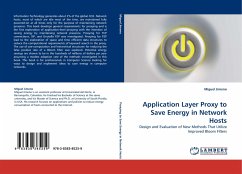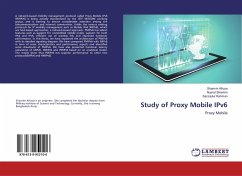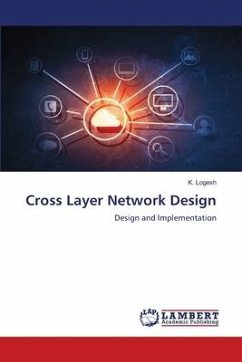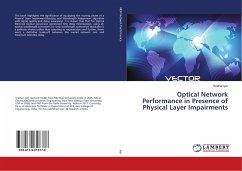Information Technology generates about 2% of the global CO2. Network hosts, most of which are idle most of the time, are maintained fully powered-on at all times only for the purpose of maintaining network presence. This book develops general requirements for proxying and is the first exploration of application-level proxying with the intention of saving energy by maintaining network presence. Proxying for TCP connections, SIP, and Gnutella P2P was investigated. Proxying for P2P lead to the exploration of space and time efficient data structures to reduce the computational requirements of keyword search in the proxy. The use of pre-computation and hierarchical structures for reducing the false positive rate of a Bloom filter was explored. Potential energy savings are shown to be in the hundreds of millions of dollars per year assuming a modest adoption rate of the methods investigated in this book. This book is for professionals in Computer Science looking for ways to design and implement ideas to save energy in computer networks.








